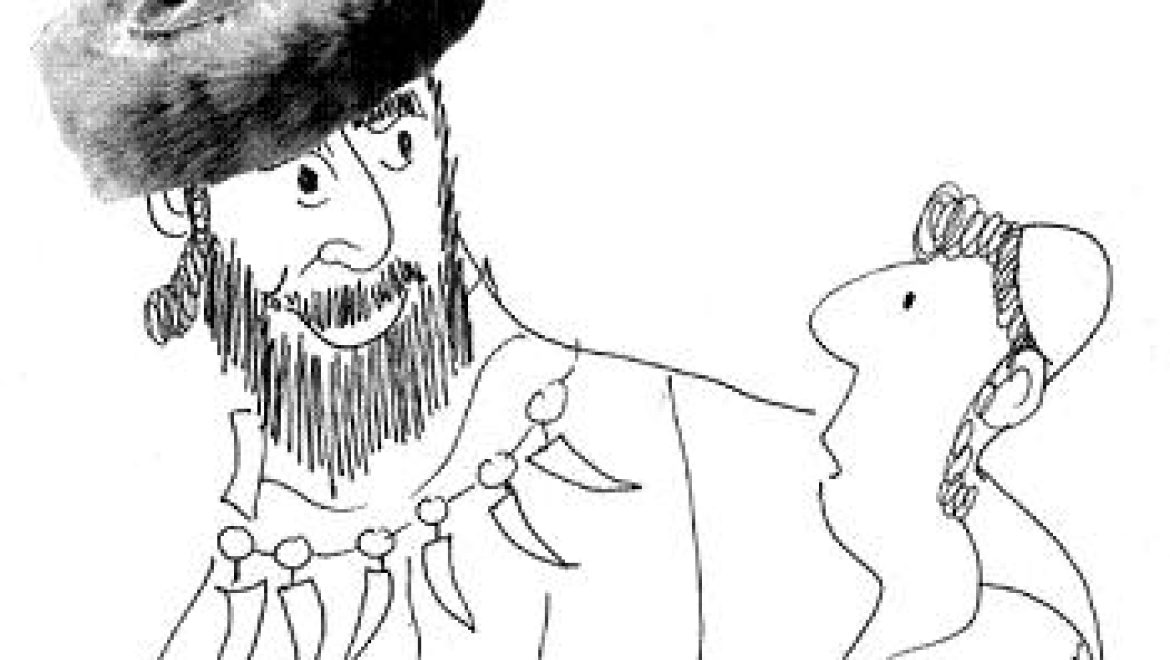
According to Torah law one is forbidden to follow gentile customs: to dress like them, style one’s hair like them, wear a red string as a bracelet and follow superstitious practices, and other cultural practices which bring no benefit, for it is written “Nor shall you walk in their ordinances” (Leviticus 18:3), which the sages restated as “Do not follow the ways of the Amorites.” But if the gentile cultural practices have benefit, for example medicinal use, one is permitted to use them, for the purpose behind their use is medicinal and not as an imitation of the gentile’s culture. Therefore the early sages (Tanaaim) permitted a person whose ear aches to place the egg of a locust as an analgesic, though this was also practiced in gentile culture as medicine. Thus, a Jew with sleep problems is also permitted to wear a fox tooth, extracted while the fox was alive, to solve the sleep problems, or to wear a fox tooth, extracted from a dead fox, which helps those who are constantly tired and who sleep too much. Thus, too, one who has a wound may place upon it a nail removed from a cross upon which a condemned man was crucified, as was the practice of the Roman regime. The scholars Abaye and Rava said that this implied that if the gentile custom has no medicinal value, one is forbidden to imitate it. Why did the early sages, in another spot, allow a Jew to paint a tree which is not bearing fruit, as is the gentile custom? What purpose could painting the tree serve? Answer: painting the tree publicizes the sad state of the tree which gives no fruit, and so people many take pity on the tree and pray that it bears fruit; this is its purpose. From this answer one should also learn to permit the custom of hanging bunches of dates on a palm so people will see that this palm bears no fruit and pray that it begins. One of the sages added to the list of customs which bring medicinal benefit and are not forbidden as the “ways of the Amorites”: If a person has a bone stuck in his throat he may take another bone of the same sort of animal, place it on the top of his head, and say “One by one go down, swallow, go down one by one.” If a fish bone is stuck in his throat he should place a fish bone on the top of his head and say “You are stuck in like a pin, you are locked up as [within] a cuirass; go down, go down”… [After a long list of ways of the Amorites which are forbidden to Jews they added]…one who cooks lentils and asks those in the kitchen to be silent so the dish will succeed practices the ways of the Amorites…When one pours wine for guests one may say “Wine and health to the mouth of our teachers!” and this is not the way of the Amorites, for this statement is a sort of blessing. There was an incident involving Rabbi Akiva, who made a banquet for his son, and each time he poured a glass of wine for his guests he said “Wine and health to the mouth of our teachers; health and wine to the mouths of our teachers and their disciples!”
(Babylonian Talmud, Tractate Shabbat 67a-b)
